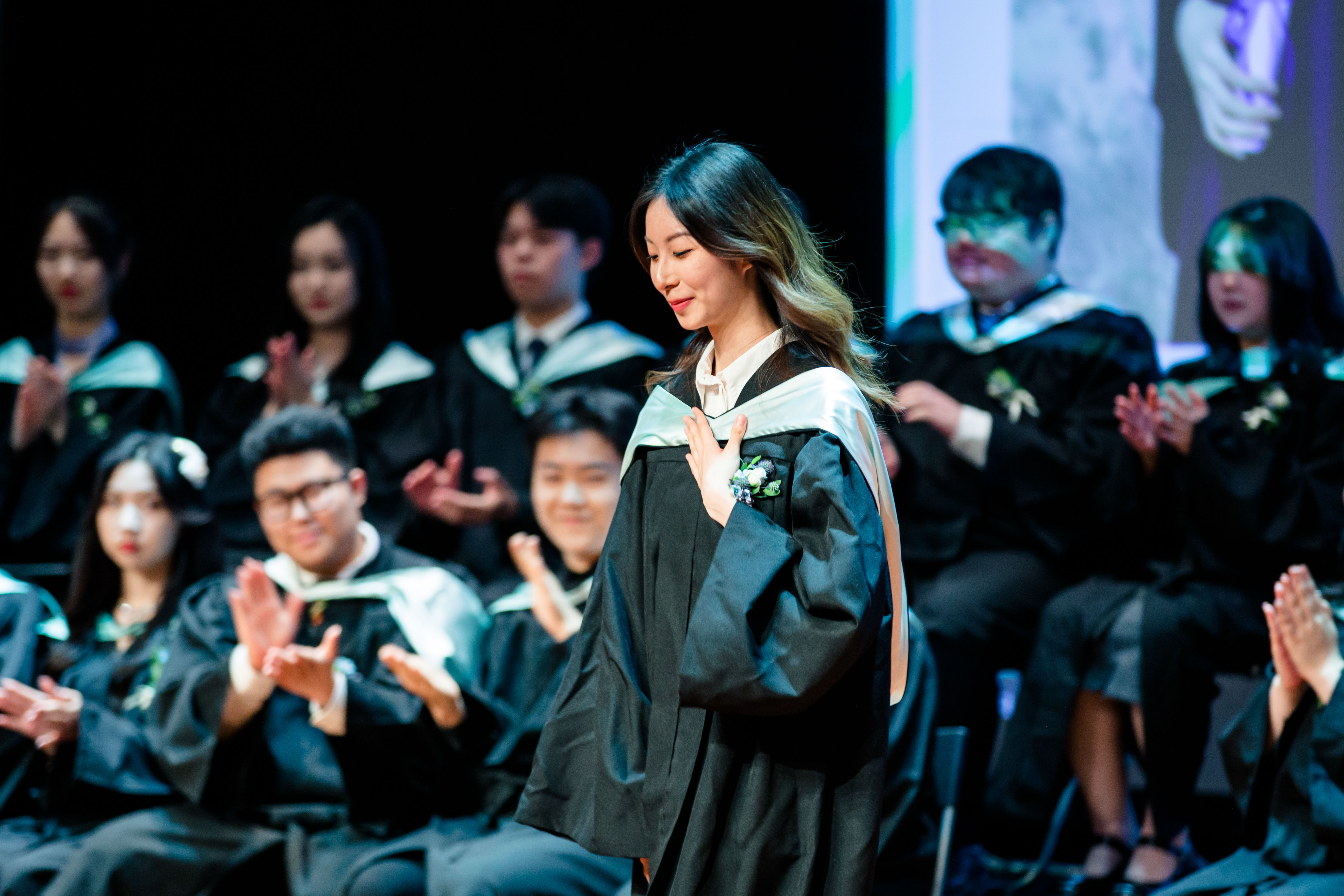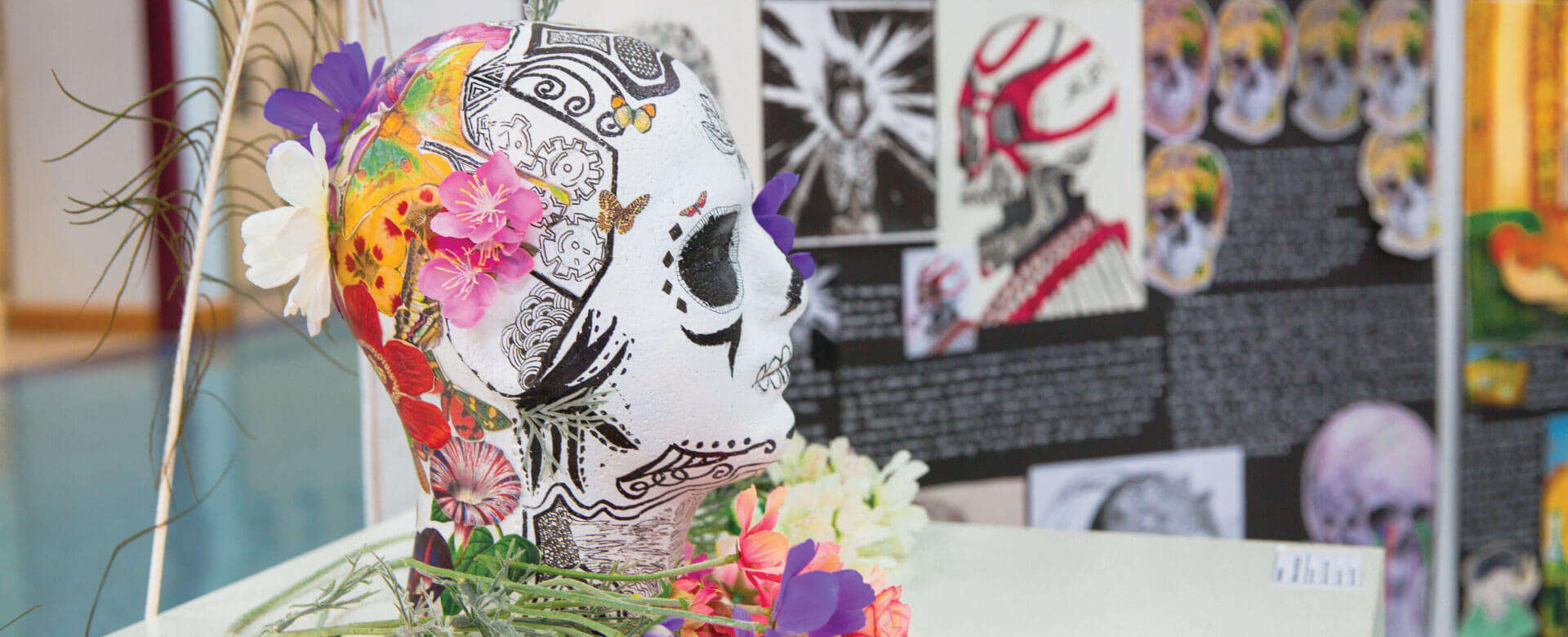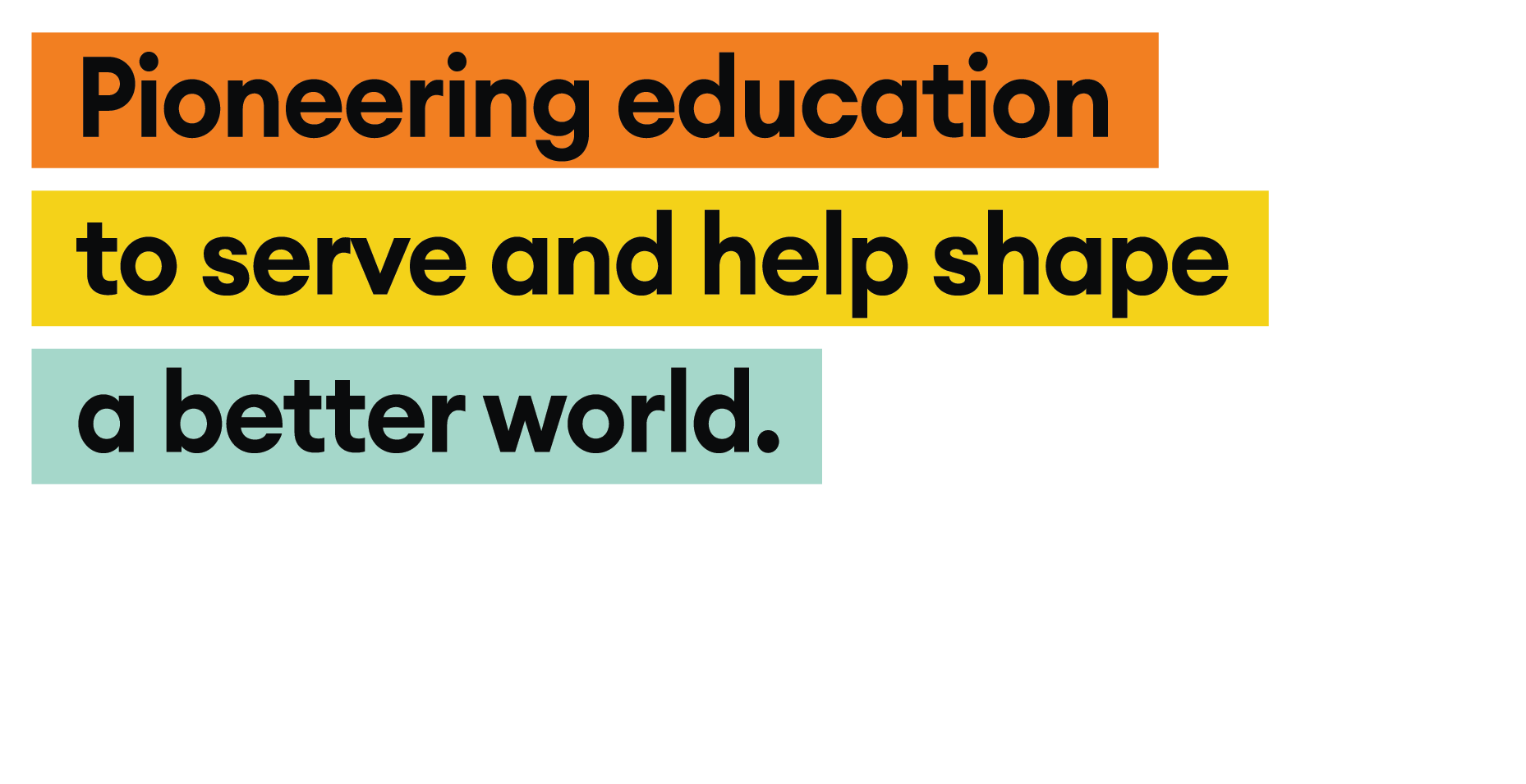Top Graduate in Profile丨Cambridge and the Power of Mathematics
Frank is a very quiet, sincere pupil who has been with Wellington College Tianjin for just three years. Since his arrival, he has been consistently diligent, working with purpose and focus in all his subjects. We spoke with Frank to discuss his experiences at the College and how he set about on his journey to - and subsequent offer from - Cambridge University.
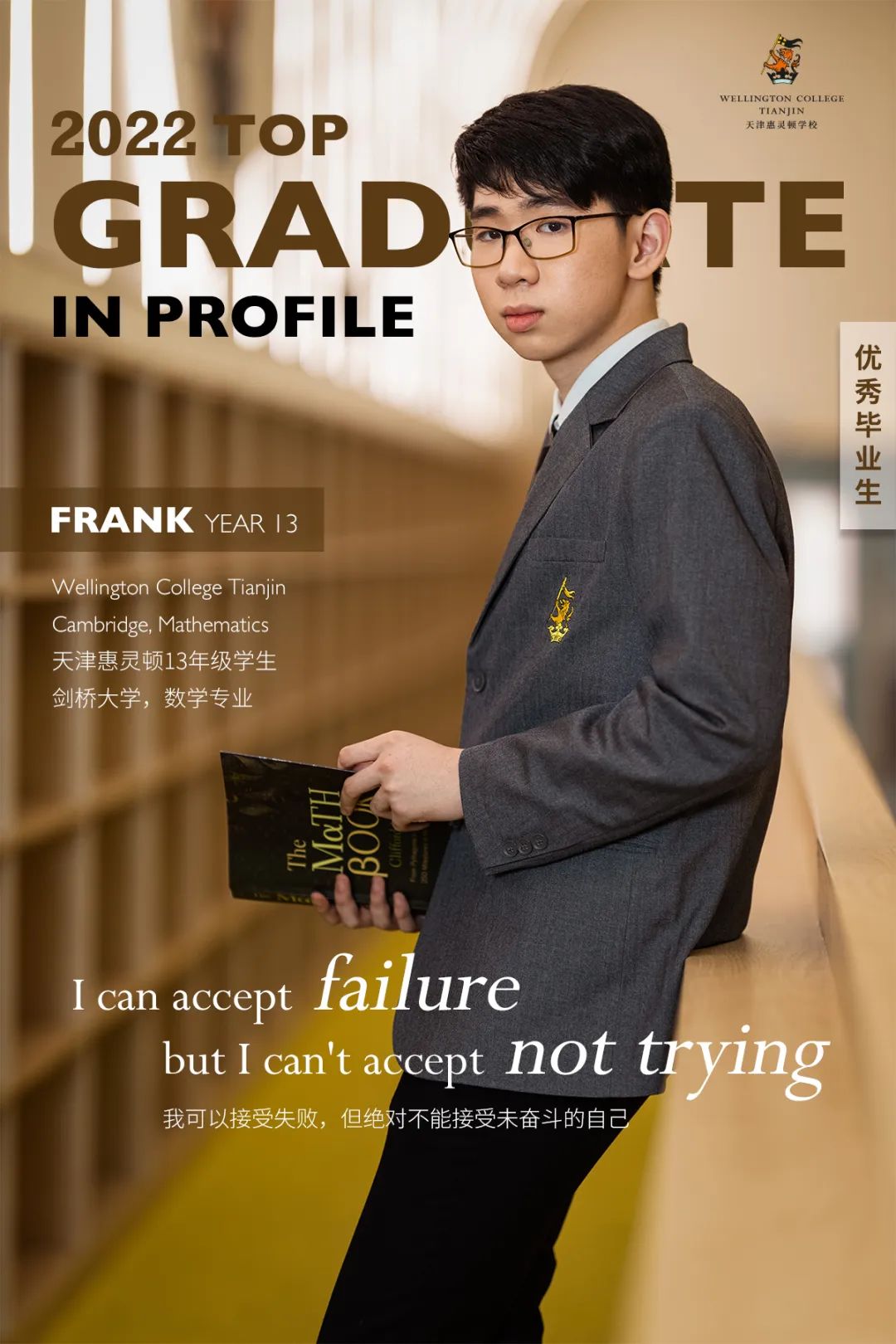
As Frank sits down, it is clear that he is humbled by the attention he is being given. Frank explained that he has been very emotional since receiving his offer to study Mathematics at Corpus Christi College, Cambridge. He said he is extremely happy and even now, he cannot believe it has happened. “It certainly is a dream come true,” he explains. He tells me that it has been a consistent path on which he was always focused and working hard in the years running up to his offer. He looked at the requirements for Cambridge well in advance and knew step-by-step what he needed to accomplish to have a chance at receiving an interview.
University of Cambridge - Corpus Christi College
Sources from http://www.cam.ac.uk
Frank explained that you need to work hard to truly get a head start. The mathematics programme he was looking at had very challenging requirements, so planning early for him was key to his success. He also took part in internal and external competitions to enhance his personal statement for his university application.
He went on to discuss his family's reaction to the news of the offer. He said that they were extremely happy - over the moon in fact - with the result.
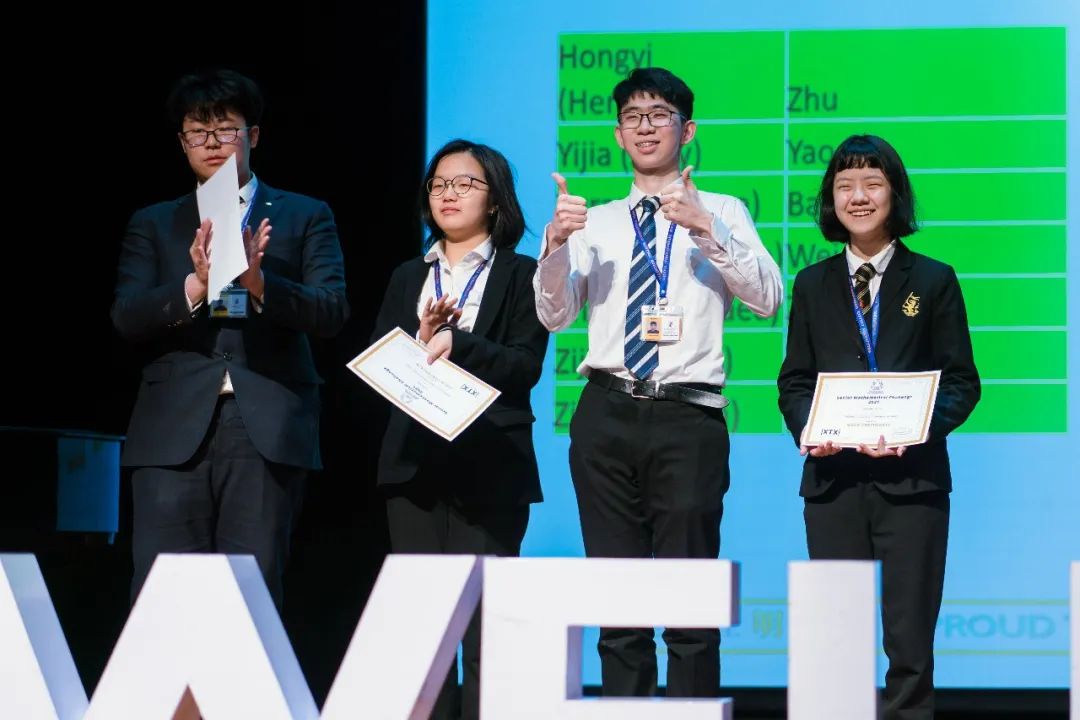
Looking back, Frank described his emotions in the runup to the offer. The offer was much later than the Oxford offers, which came out in early January, so he had to wait for nearly 6 weeks before hearing from Cambridge. It was very difficult, he tells us and explained that, when Nicole, another Oxbridge candidate in his year group, received her offer, he felt the pressure was mounting for him. It gave him time to think about and evaluate his journey. “I was confident,” he said, and believed he would get an offer. He had done research into the university, and he also had a good friend, Ted, who was a pupil at the school and had received an offer from Cambridge in the previous year. Frank said that this was a crucial aspect for him. He had known Ted for two years, so he saw first-hand the journey that he had experienced. Ted was also such a great help, sharing his experiences and knowledge, both of which certainly helped in Frank’s planning and execution of his application.
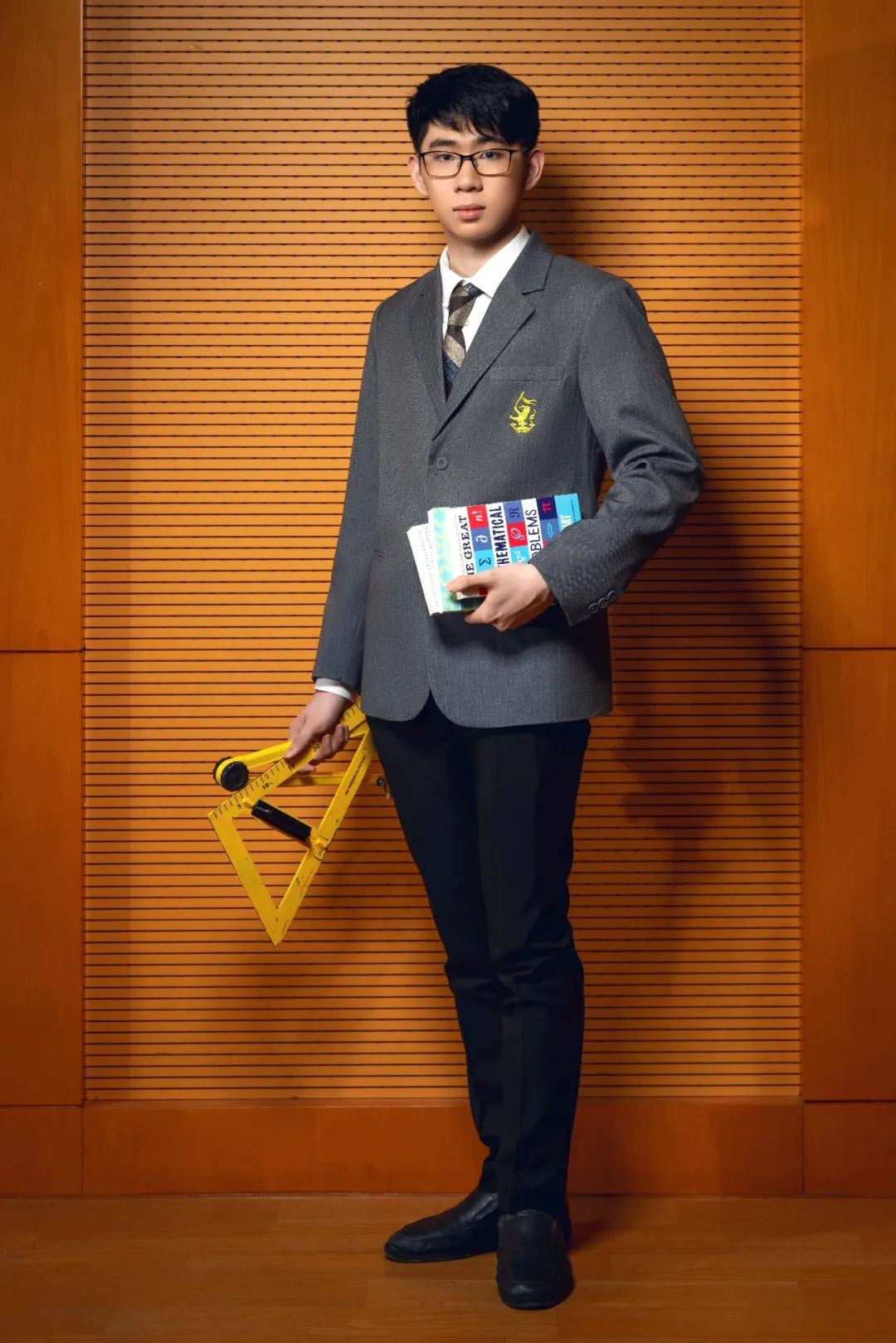
Frank joined Wellington College from one of the best middle schools in Tianjin after completing his nine years of compulsory education and his ZhongKao. He felt that he always needed to study hard and it never came easy for him. He would also take special care to review his work against that of his high-achieving peers. If he could compete with them, he was very happy, he explained, but it was never easy and the pressure to compete was very stressful.
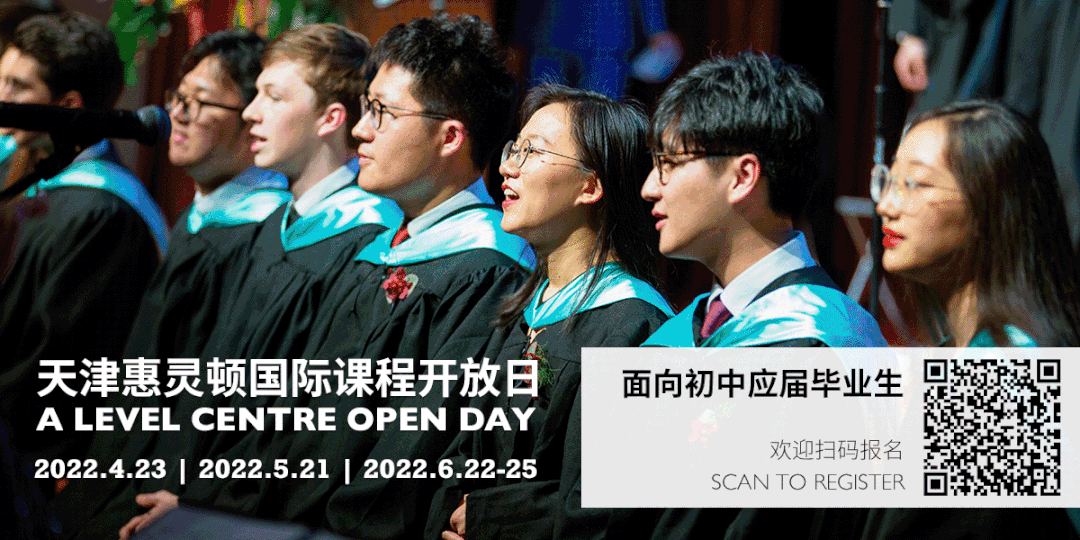
Frank always wanted to go abroad to study, so he started to look at educational institutions that would be the best fit for him. He wanted a school that had the background and results over the years that would give him the best chance of getting to a great university. He had a lot of support from his parents while searching for the right fit for him. Initially, he thought that international schools were not as competitive as local schools, and he wondered whether an international school would be right for him. After meeting the then Deputy Head at Wellington College in Tianjin and seeing the school in action, as well as the pupils’ passion and achievements, he was convinced this was the right place to be to achieve his dreams. He was fascinated with the emphasis on independent learning, a new concept to him. He craved having the independence to study with the guidance and motivation from the teachers. He has truly embraced this philosophy, being able to collaborate with fellow pupils and indeed, he felt he was already working within a university environment.

“My motivation and style of study changed,” he said, moving from a different system where he felt it was highly competitive to a more collaborative, independent environment. It was not something he was expecting. “There was a great atmosphere, a tangible feeling of partnership and a can-do attitude and focus from all the staff at the College”, he explains. This was a great motivator for him. Frank was interested in Mathematics from a very early age, he found numbers fascinating, looking for outcomes using various theories and he very much enjoys the logic of it all. His teachers helped a great deal in his growth, suggesting articles, online forums, speeches and of course, reading materials. “There are some fascinating theories out there,” Frank says, “new calculations and concepts, it’s just simply mind-blowing what we can accomplish through maths.”
Excerpts From Frank's
Personal Statement
Frank also touched upon his personal statement, an essential part of a successful application to a university in the UK. He mentions a book called Flatland by Edwin A. Abbott which struck a chord with him. He had never encountered the book or its theory before, so he was intrigued by the idea. He explained that the book was a mathematical adventure, set in a two-dimensional plane world, populated by a hierarchical society of regular geometrical figures who think and speak and have all too human emotions. It was a fascinating concept. “The more I read the book, the more I thought about not only two-dimensional but three- and four-dimensional theory.” He remembered his father talking about the first video game called Pong, a two-dimensional game rather like ping pong, and how, in only a few short years, we have moved to 3-d video games and now we have 4-d cinemas. So, it became a metaphor for him on how we move our ideas along or open up the world to go down a different path, to explore something only a few short years ago that was thought impossible or improbable.

Frank also talked to us about his Extended Project Qualification (EPQ), which was focused on mathematical modelling and the results of which he presented to a large group of peers, teachers and parents. He was very nervous, he said, during his presentation, but it gave him another avenue to learn and hone his presentation skills. In his lecture, he explained the premise of his EPQ and how mathematical modelling can change or uphold decision making. He looked at various models from the abstract to controlled calculations. His inspiration was Covid-19 and he wondered where the pandemic would lead. He pondered how mathematical modelling could shape and help the world community at large. Looking at this real-world problem, he knew mathematics could be a driver to help solve or guide medical teams around the world.
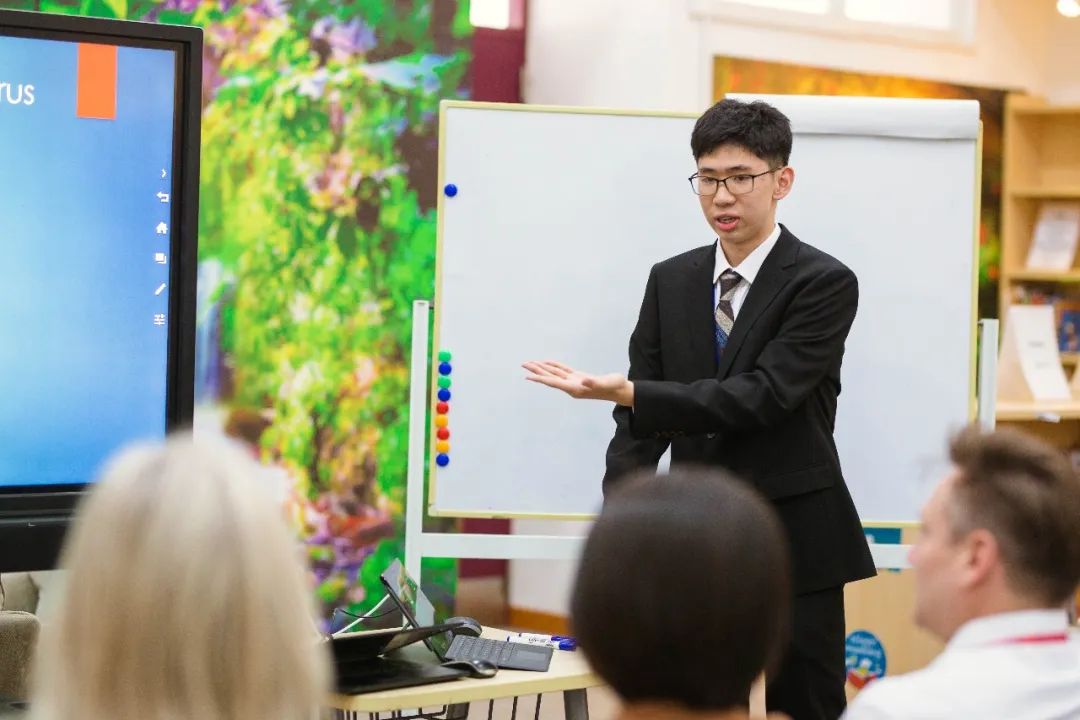
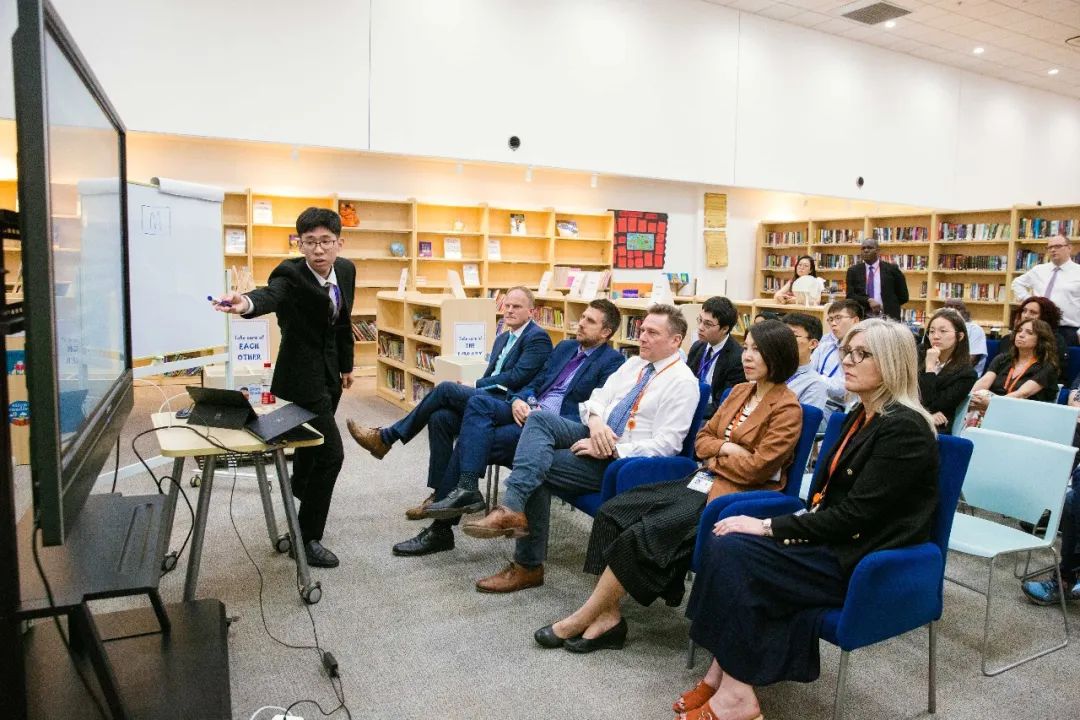
Frank explained, “At the time there was much we didn’t know about the virus, and we didn’t know a great deal about how the modelling would be effective in its predictions, so it was part known, part unknown. For historic pandemics, such as the Spanish flu or even the common cold, we had good modelling for, but Covid-19 was another story. So, I felt this was a really good concept to study within my EPQ.”
What is the Extended Project Qualification?
The Extended Project Qualification (EPQ) is a programme that is strongly recommended by the Universities and Colleges Admissions Service (UCAS) as it gives students an opportunity to go beyond their A Level syllabus and explore a research area which has triggered their particular interest. The skills that students develop through this process in independence, research, and clarity of presentation of ideas are seen as essential for success at university and beyond.
The programme requires learners to identify a topic they are interested in with their school supervisor. Candidates then need to conduct independent research in the form of either a dissertation (no more than 5,000 words) or an artefact with a report (no less than 1000 words).
Frank also reflected on his time at the school outside of the classroom. He feels we are all social animals and need human interaction and communication and he believes it is necessary to have other outlets during the school day, such as sport, art or music. “Having a hobby is important to give you time away from learning to give your brain a rest and let it recover by doing something different”, he says. He also agrees that having this time also helps you to think at a deeper level while you are completing different tasks. Scheduling downtime is therefore very important for Frank, “Knowing when to take a break and getting the rest you need is far healthier in the long run” he says.

He also would like to thank his teachers for the journey he has had in these three short years at Wellington. Many teachers have guided and supported him along the way. Also, he really appreciates the university guidance team and their tireless focus on getting the best out of him in his practice interviews running up to his Cambridge interview. It was certainly heartfelt to see some of the maths teachers waiting after school to see how he had performed in his final interview. Frank joked that, “They looked like expectant fathers waiting for their firstborn. It was truly overwhelming to see this.”
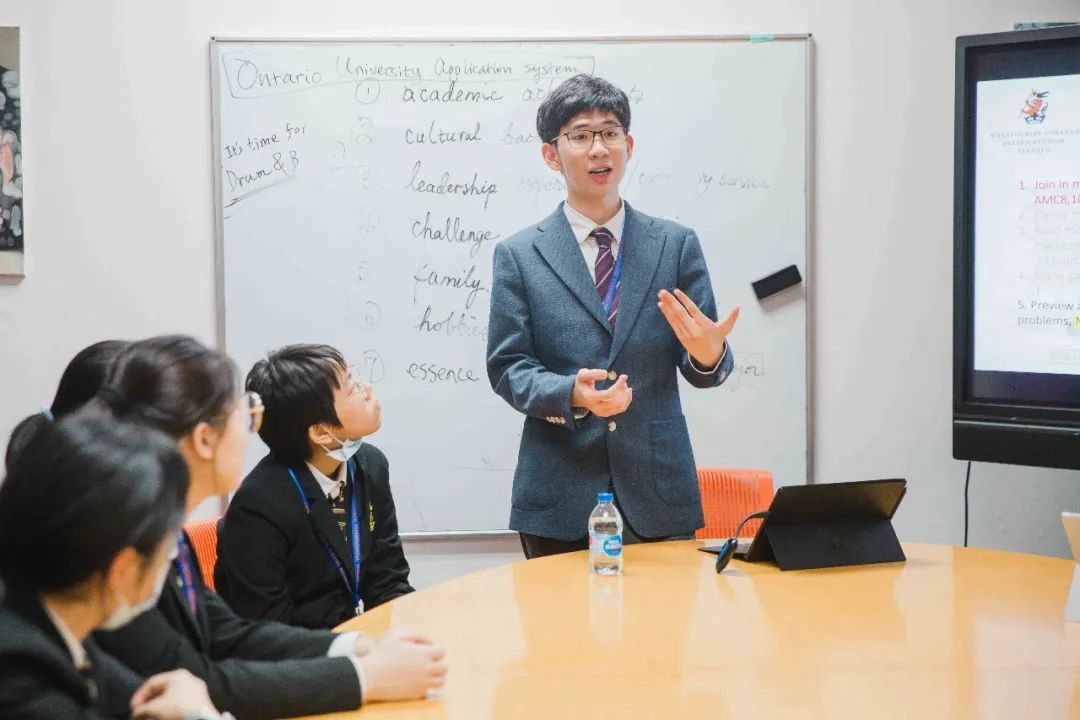

If he were to give any advice to others, he says it is always good to plan ahead, and set your goals but don’t be afraid to alter or change your plans. “Give yourself options. This gives you room to manoeuvre, it keeps you agile and stops you from getting boxed into one area or path. Make sure you plan well and that the activities and projects you include add value to your end goal. This is most important,” Frank explains.
His final thought is this - he feels the whole school has a vested interest in each one of their pupils, and the support he has received in the last three years has been tremendous. A lot of drive does come from within, but without the support of the school, it would have been a harder path to follow. Of course, importantly, he would like to thank his parents for what has been an incredible journey so far.
What is next for him? We asked Frank about his plans and he said that he just wants to start university and see where his degree will take him. As he explained earlier, he likes to have options and is currently exploring and setting his next plans in motion.
We certainly wish him well on the next stage of his journey. Good Luck!
Related Articles








 Channel
Channel 
 Linkedin
Linkedin  Weibo
Weibo  Facebook
Facebook  Ins
Ins 

